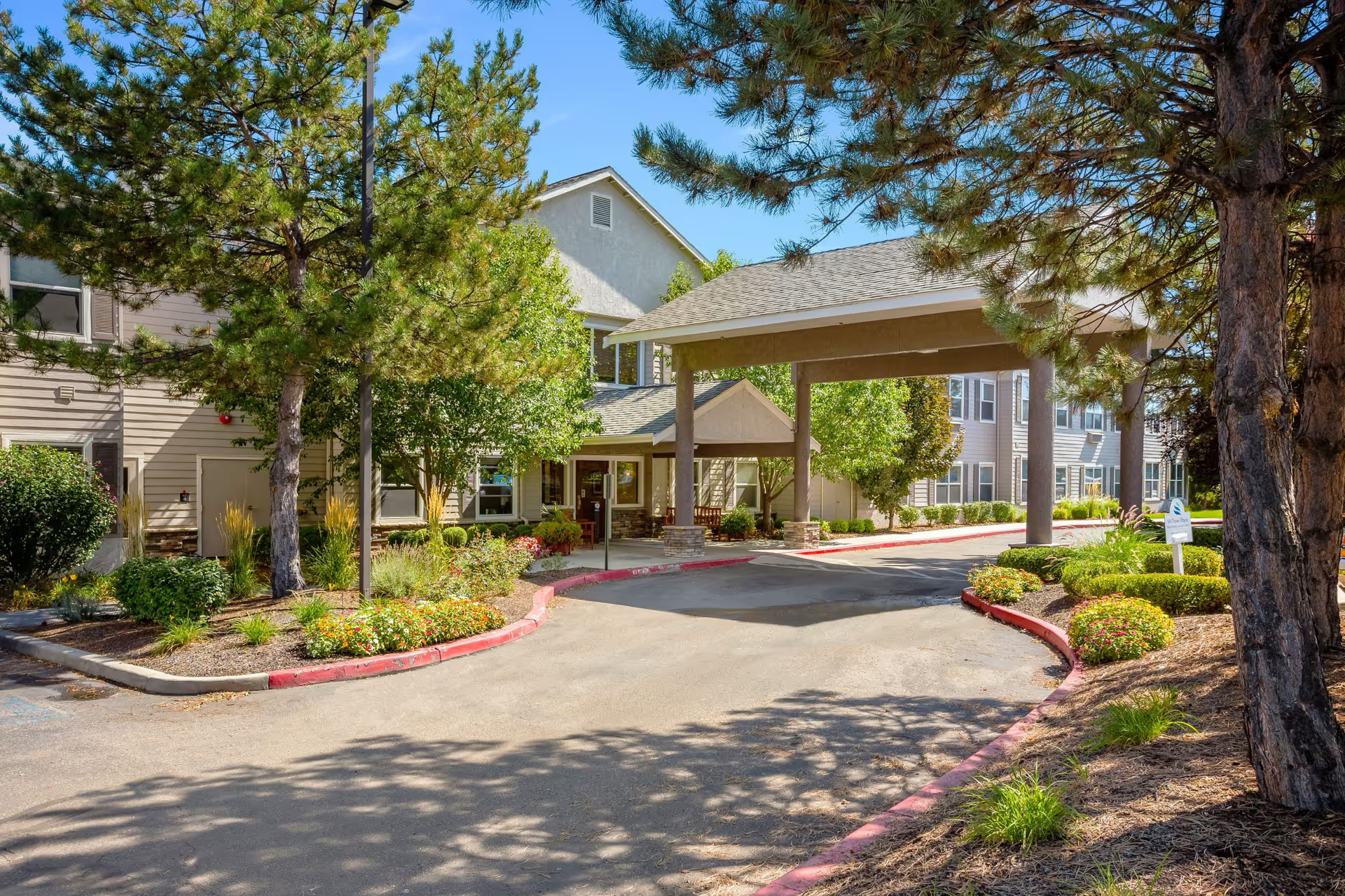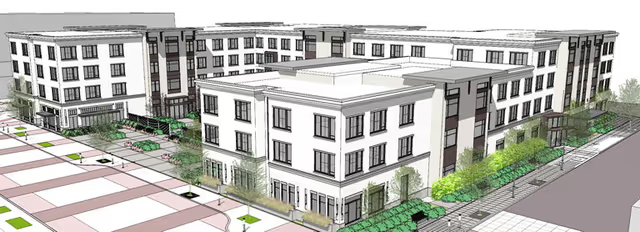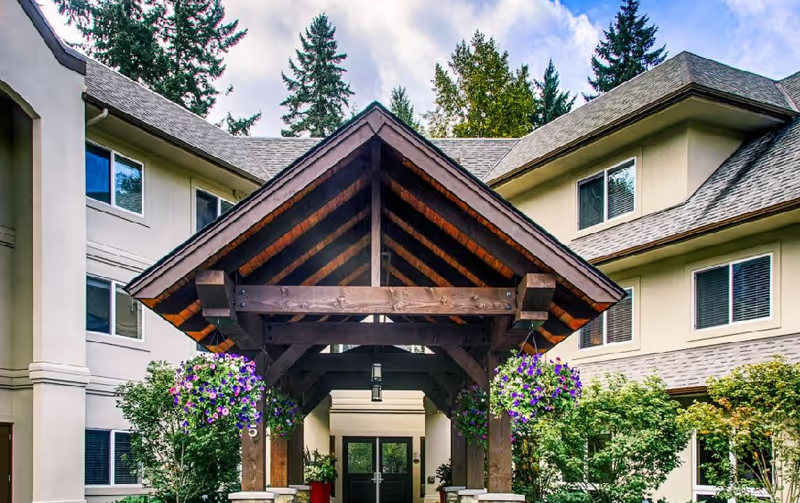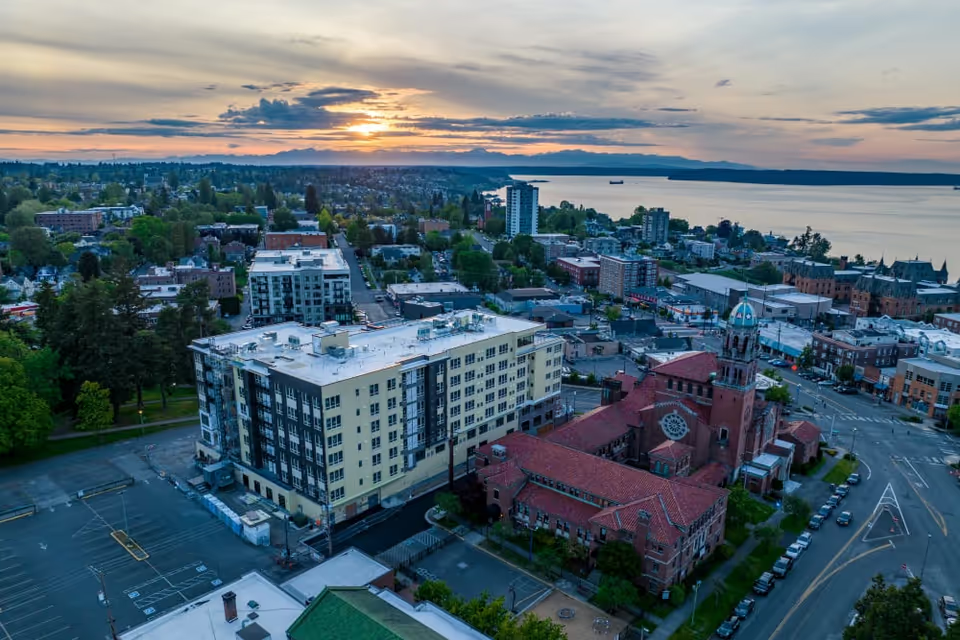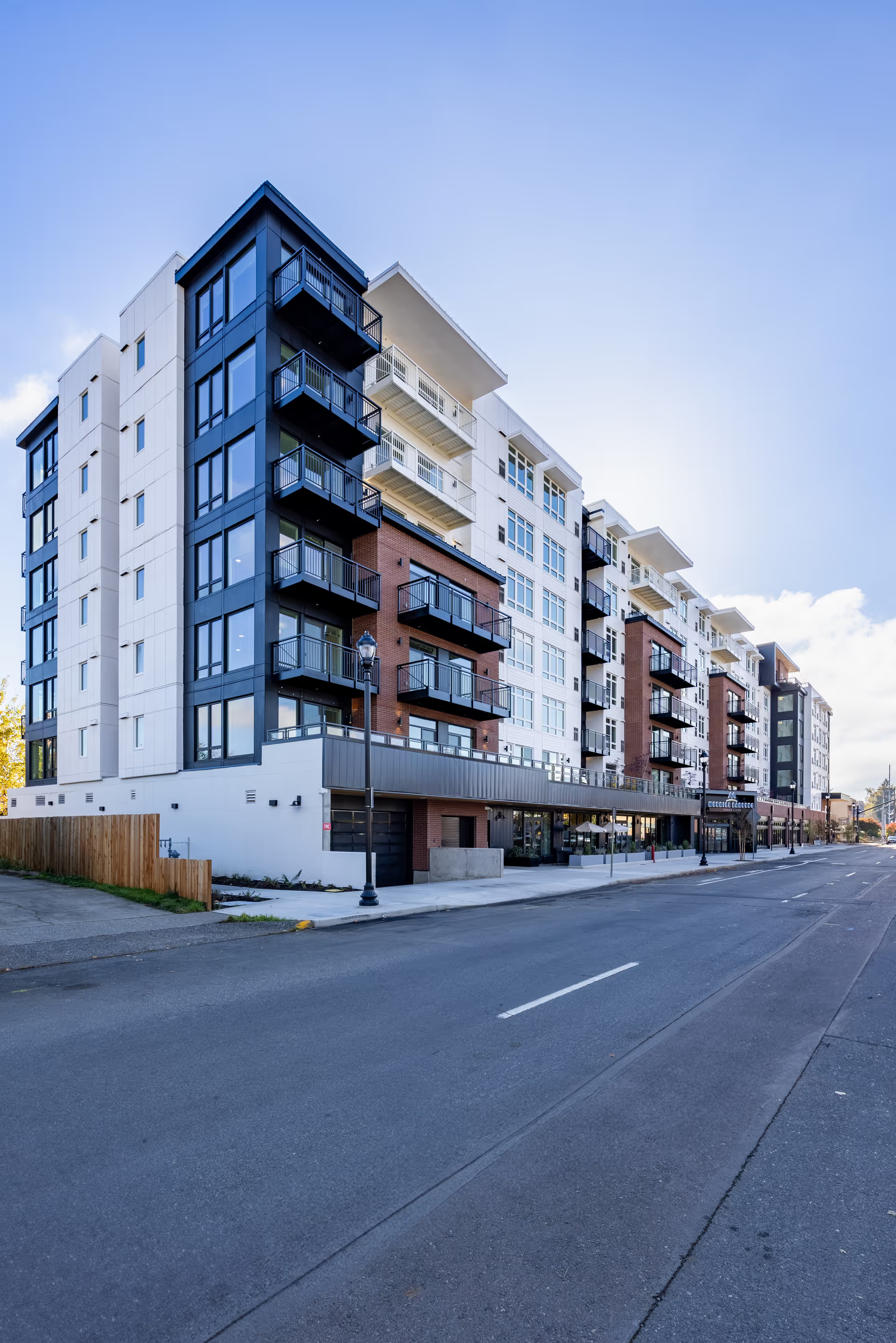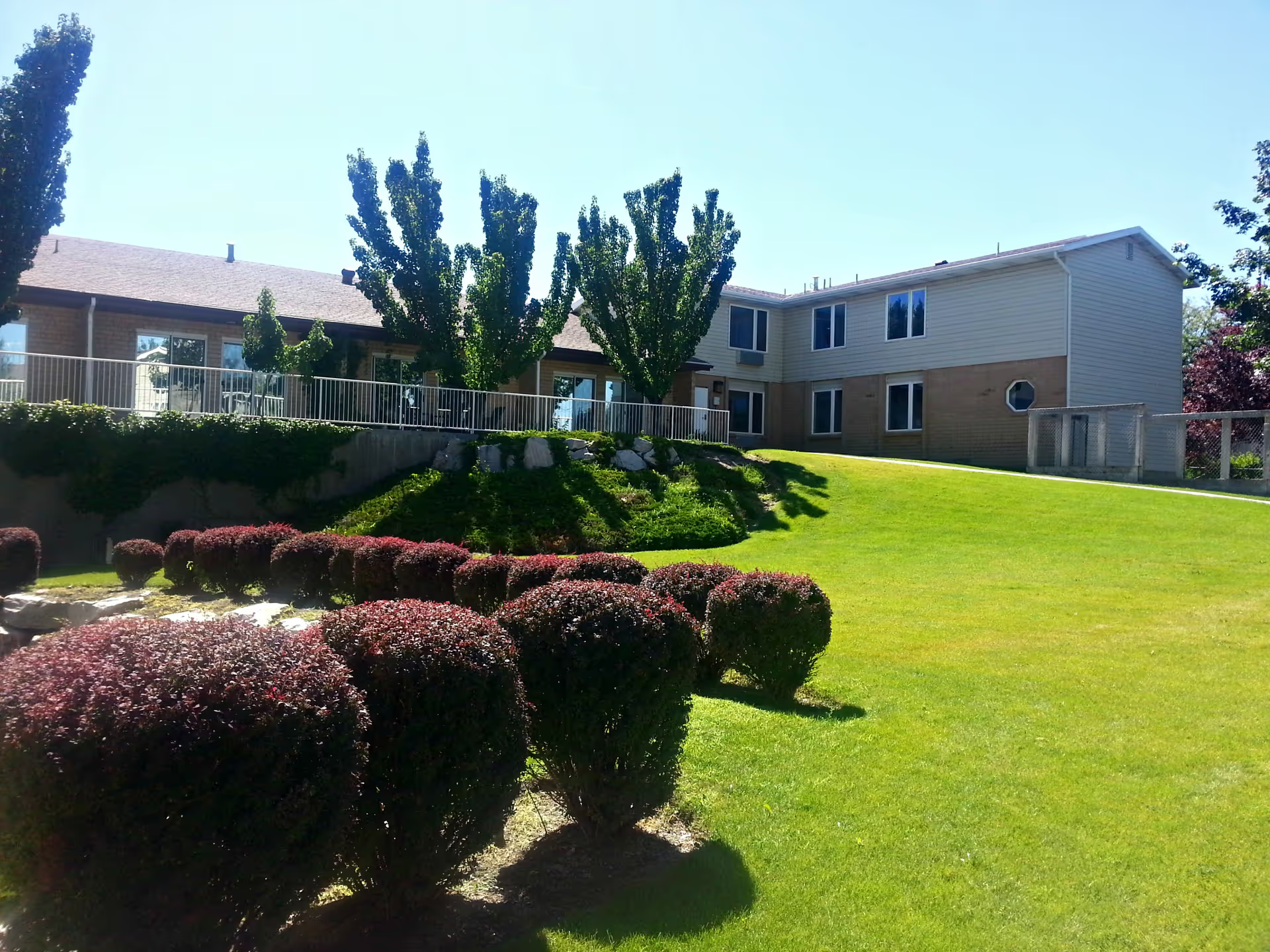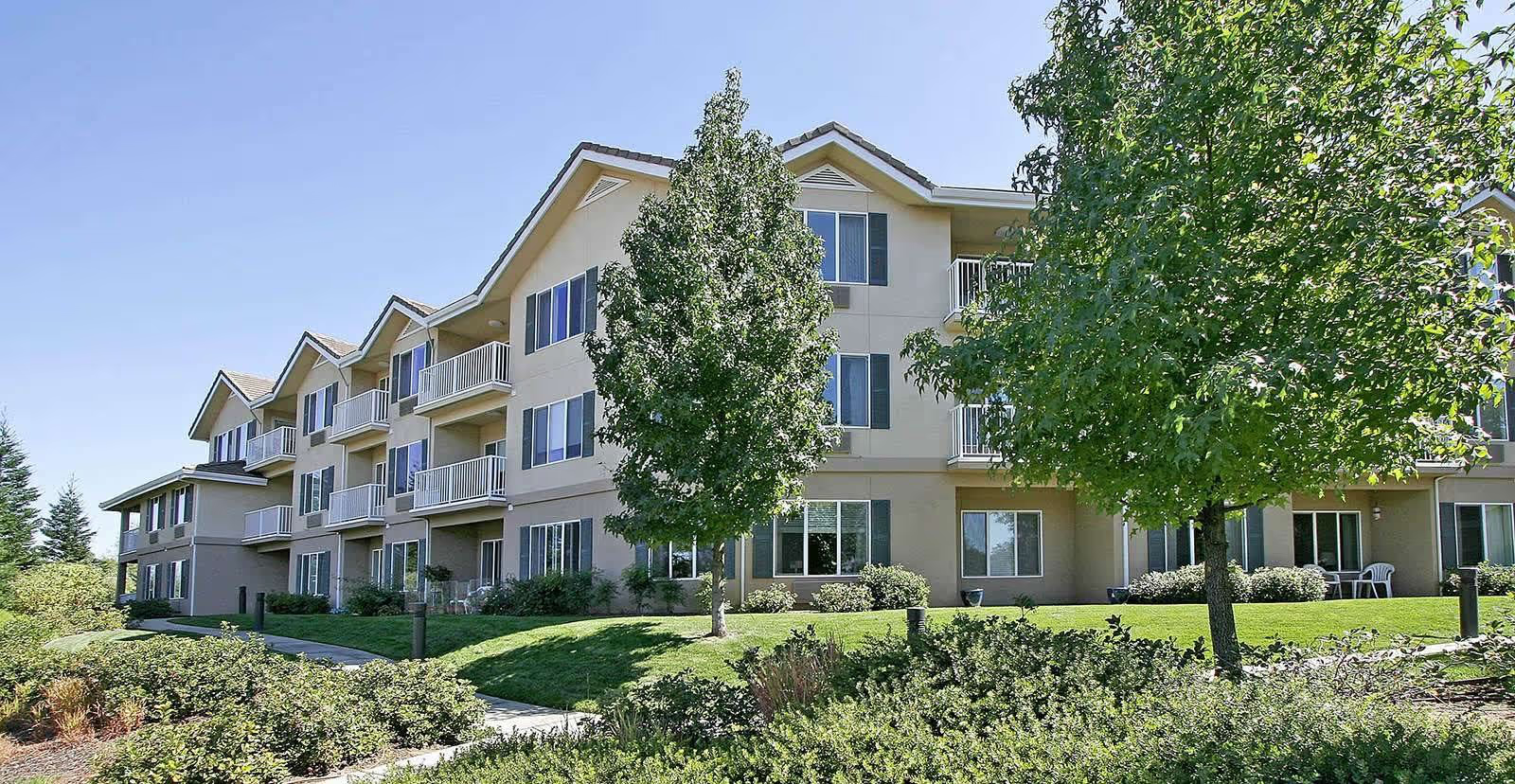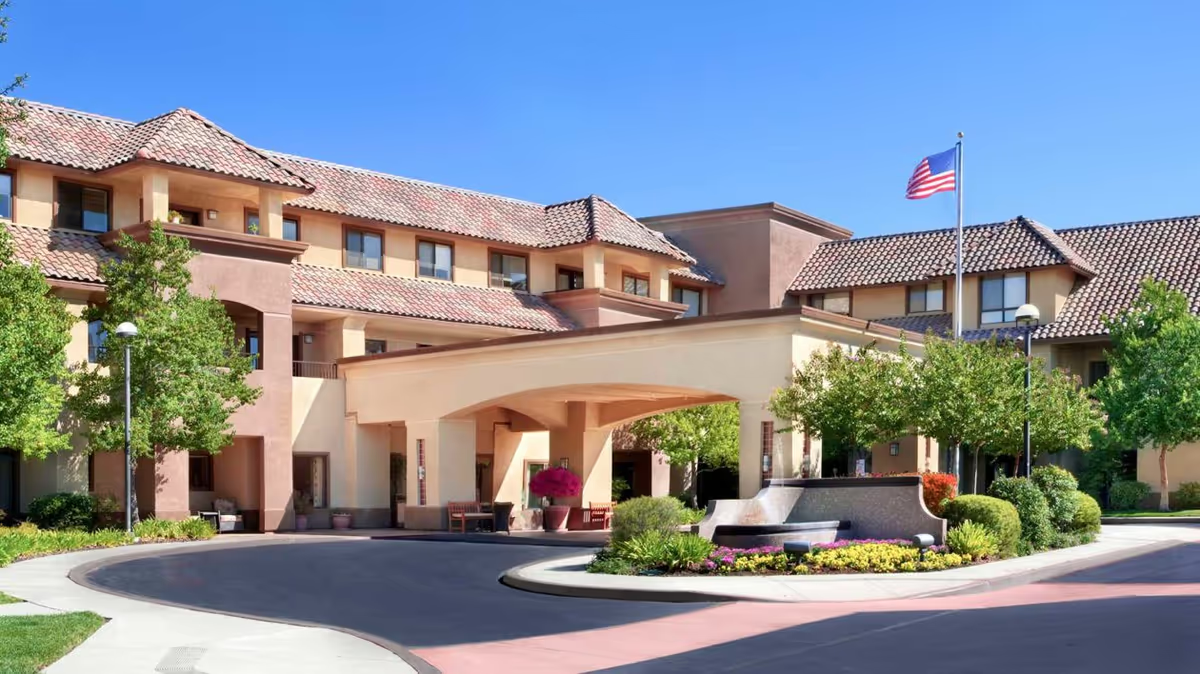Overall impression: Reviews for Brookdale Walla Walla are mixed, with a strong pattern of positive frontline caregiving tempered by systemic problems around staffing, management, and consistent service delivery. Many reviewers praise individual staff members as caring, professional, patient, and attentive; several families explicitly say residents are happier, healthier, and progressing. At the same time, multiple reviewers report ongoing understaffing, high turnover, and frequent use of new or still-in-training employees which creates uneven experiences and inconsistent care quality.
Care quality and staffing: The dominant theme is a contrast between caring individual caregivers and institutional staffing problems. Numerous reviews describe staff as loving and respectful and point to specific employees who are ‘‘amazing’’ or ‘‘very professional.’’ However, many other comments emphasize a revolving door of staff, long wait times for assistance, missed or inconsistent basic care (housekeeping, laundry, bathroom reminders), and limited one-on-one attention—particularly for residents with higher needs or dementia. Several reviewers explicitly stated medical or nursing gaps (for example, concerns about RN wound care competence and limited medical help on weekends), suggesting Brookdale may not reliably meet higher-acuity clinical needs. Staff training and improvement efforts are mentioned, indicating management awareness and some remediation, but the transition creates variability until those efforts stabilize.
Management and communication: Multiple reviewers cite poor management, limited communication (including no contact from the Executive Director in at least one case), unresolved complaints, and vague billing practices. A few reviewers described management as overmatched or having a negative attitude; others stated they felt misled or experienced dishonest conversations about services. Conversely, some reviewers praised leadership and saw the facility as growth-oriented and open to change. This split suggests uneven managerial performance over time or across shifts/units. Prospective families should specifically probe current leadership stability, complaint resolution processes, and billing transparency during tours.
Facilities, safety, and accessibility: The property and setting receive frequent praise. Reviewers consistently note a quiet, woodsy location, pleasant grounds with wildlife and garden areas, bright rooms with garden views, fresh painting, and attractive décor. These physical attributes are strong positives for many. That said, practical safety and accessibility issues were raised: a doorway problem involving a non-automatic second set of doors and general wheelchair accessibility challenges, open staircases and square corners that may be hazardous for cognitively impaired residents, and some odors/cleanliness incidents. Some rooms are described as small and the dining room can feel crowded with tables close together. These are specific, actionable items to check on a visit, especially for residents with mobility or cognitive concerns.
Dining and dietary concerns: Dining experiences are very mixed. Several reviewers enjoyed well-prepared, appealing meals and noted features like an ice cream area and a good menu. Others strongly criticized food quality—calling meals ‘‘a joke’’ or ‘‘abysmal’’—and mentioned smaller portions and fewer options than expected. Important operational failures were reported for dietary accommodations: gluten-free substitutions were not reliably provided, and breakfast times were inflexible for some residents. Overall, food consistency is an area of concern; prospective residents with dietary restrictions should confirm the facility’s ability to meet those needs reliably.
Activities and social engagement: Reports indicate improvement in activities and that some residents enjoy a creative, rich events schedule. Several reviewers explicitly note recent improvements and residents ‘‘enjoying activities.’’ However, other comments report canceled activities, minimal or unexciting programming, and insufficient dementia-specific engagement—sometimes leaving residents confined to rooms with little mental stimulation. This suggests activity quality and frequency may depend on staffing levels, the specific unit, or recent administrative emphasis; dementia care programming in particular appears inconsistent.
Transportation, logistics, and other operations: Brookdale Walla Walla does not maintain an on-site transportation service and instead shares or relies on a neighboring provider—this shared service was described as unreliable by multiple reviewers and led to issues with appointments and outings. A few reviews mentioned admission denials due to policy; others reported vague billing or perceived dishonesty. These operational aspects affect day-to-day convenience and trust and should be clarified in advance.
Notable patterns and final assessment: The strongest, consistent positives are the facility’s setting and many individual staff members who deliver compassionate care. The most persistent negatives are systemic: understaffing, high turnover, inconsistent management and communication, dining variability, and limitations in dementia and higher-acuity clinical care. Experiences appear uneven—some families are very satisfied and would recommend Brookdale, while others describe a negative overall experience and advise caution.
Recommendations for prospective families: Visit multiple times (including evenings/weekends) to observe staffing levels, mealtimes, and activities; ask for specifics on nursing coverage and wound-care capability, especially on weekends; confirm procedures for dietary accommodations and sample menus; test transportation arrangements and cancellation policies; inspect doorway automation and wheelchair access if mobility is a concern; ask for recent staff turnover statistics and speak with families of current residents if possible; and request written information on billing practices and complaint resolution. Given the mixed reviews, Brookdale Walla Walla may be a good fit when you find a stable, well-staffed unit with strong leadership in place, but prospective residents with higher medical needs or those who require consistent dementia-focused programming should verify those services explicitly before making a placement decision.
